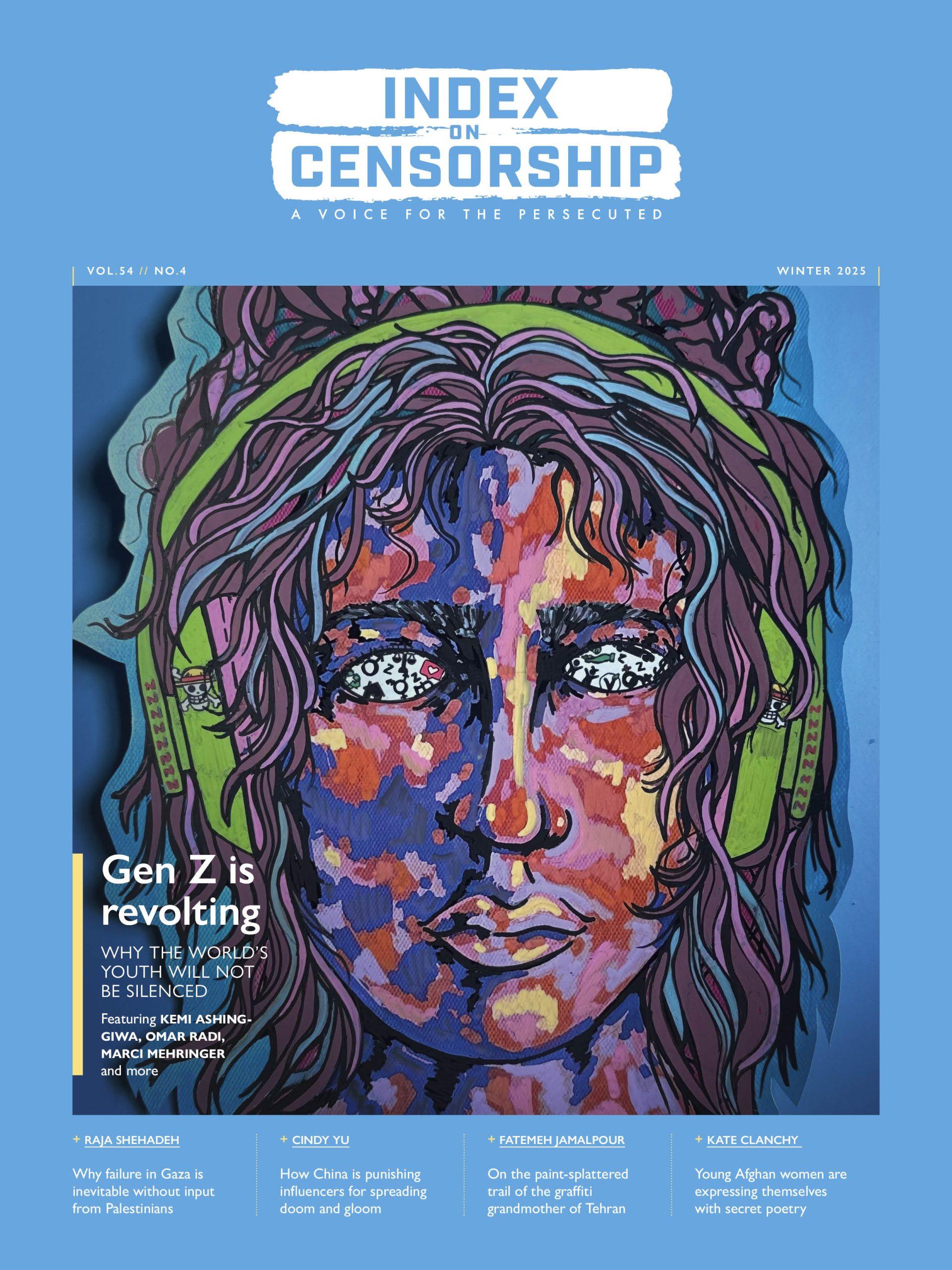 |

|
Mada Masr is an Egyptian online news site formed just before the military coup in July 2013 by 24 friends and journalists. Published in both English and Arabic, the site aims to offer an alternative to newspapers censored by state-owned printing and distribution facilities and media owned by industrial conglomerates. Wanting to represent in practice what Egypt was trying to achieve, Mada aims to be entirely democratic and is owned and run by its original founders and the journalists who write for it.
Editor-in-chief, Lina Attalah is well-known Egyptian media figure and former editor of Egypt Independent, which was shut down in April 2013 by the management of Al-Masry Media Corporation. When the editorial team tried to release a final edition explaining why, it was also pulled just before going to print. Attalah published it anyway, with the promise that “In keeping with our practice of critical journalism, we use our final issue to reflect on the political and economic challenges facing Egyptian media, including in our own institution.” Many of the founders of Mada Masr are former employees of Egypt Independent.
Since its formation, Mada Masr has seen Egypt go through the popular uprising against Islamist President Mohammed Morsi, the military’s overthrow of Morsi and the subsequent violent crackdown on Muslim Brotherhood protesters, and the spread of terrorist violence in the country. Mada’s reporters work in a country with 186 laws restricting freedom of the press and expression.
In November 2015, Mada journalist Hossam Bahgat was summoned by Egypt’s military intelligence detained for two days, after he wrote a story about the prosecution of about two dozen military officers for allegedly plotting a coup. The arrest was condemned globally, and Bahgat was eventually released, after which Mada published his statement describing the detention.
With many investors are politically aligned with the military regime, and those that weren’t facing huge pressure, funding has been a problem for Mada Masr. Valuing its independence above all else, Mada has come up with some innovative fundraising ideas, including, a pop-up marketplace launched in April which sells designer clothes and urban crafts.
One of Mada’s new editorial initiatives is to create networks of citizen journalists to bring in more local reporting — and readers — throughout Egypt’s governorates.
“We have established a cooperative media organisation independently, at a time when media are controlled and only made possible through either the state or wealthy businessmen,” said Lina Attalah. “We are experiencing some deal of fear while doing our jobs every day.”
But Mada Masr has not allowed this to guide them towards self-censorship, she says. “With our minds and hearts grappling with being progressive and practical, we build our institution with an ambition to respond to that which we critique in our coverage.”
“I want us, down the line, many, many years to come, to be a reference of what happened.”





